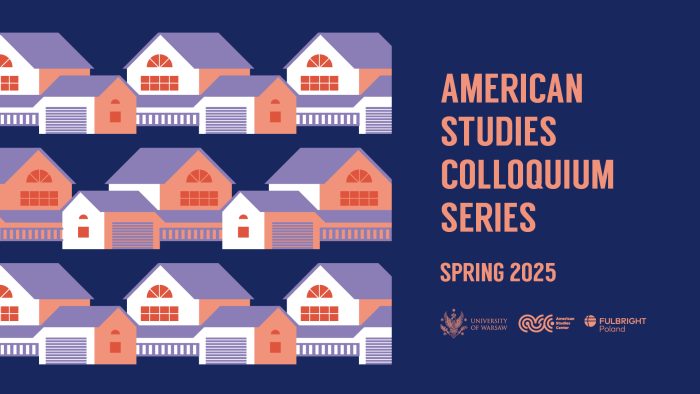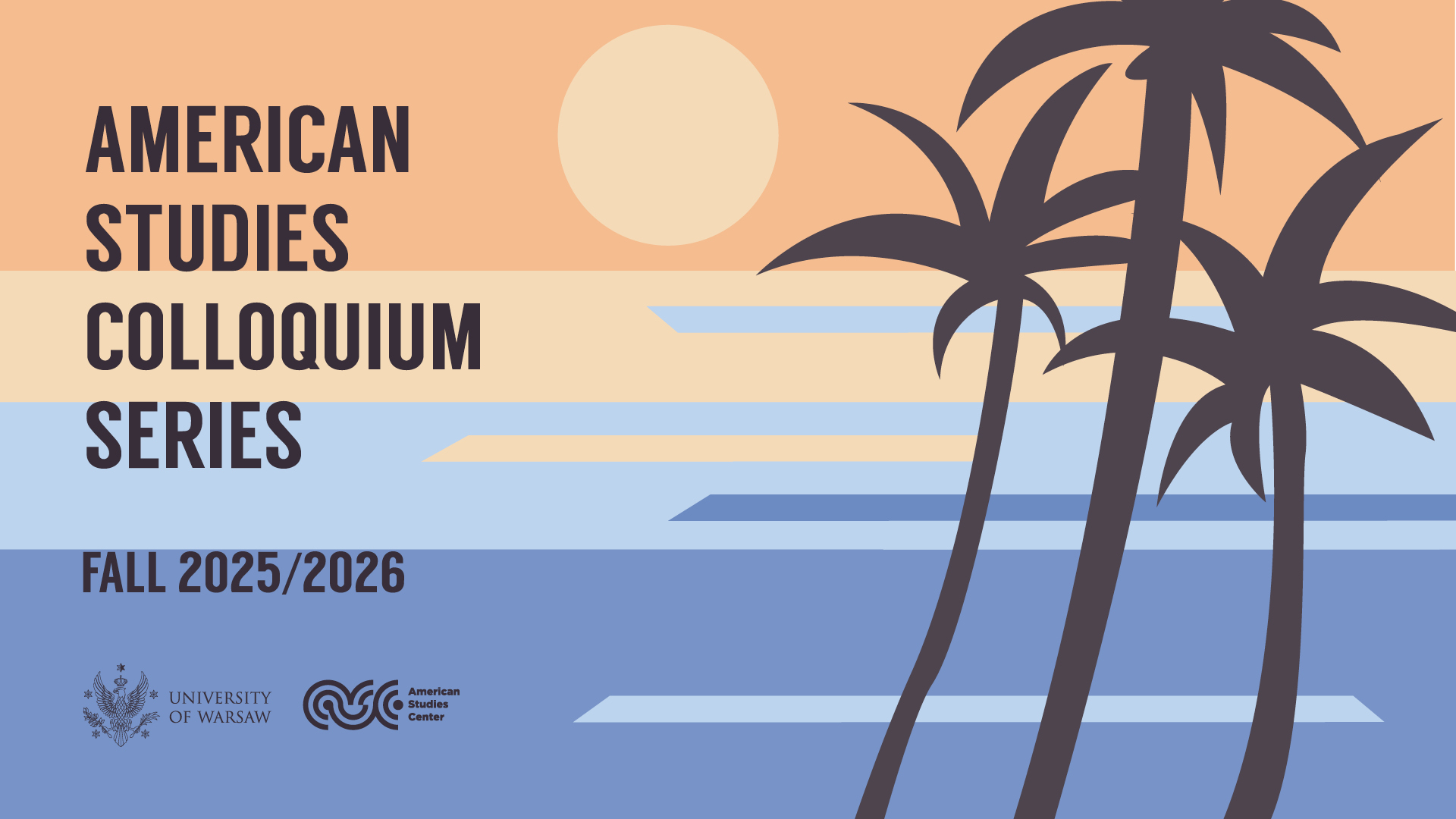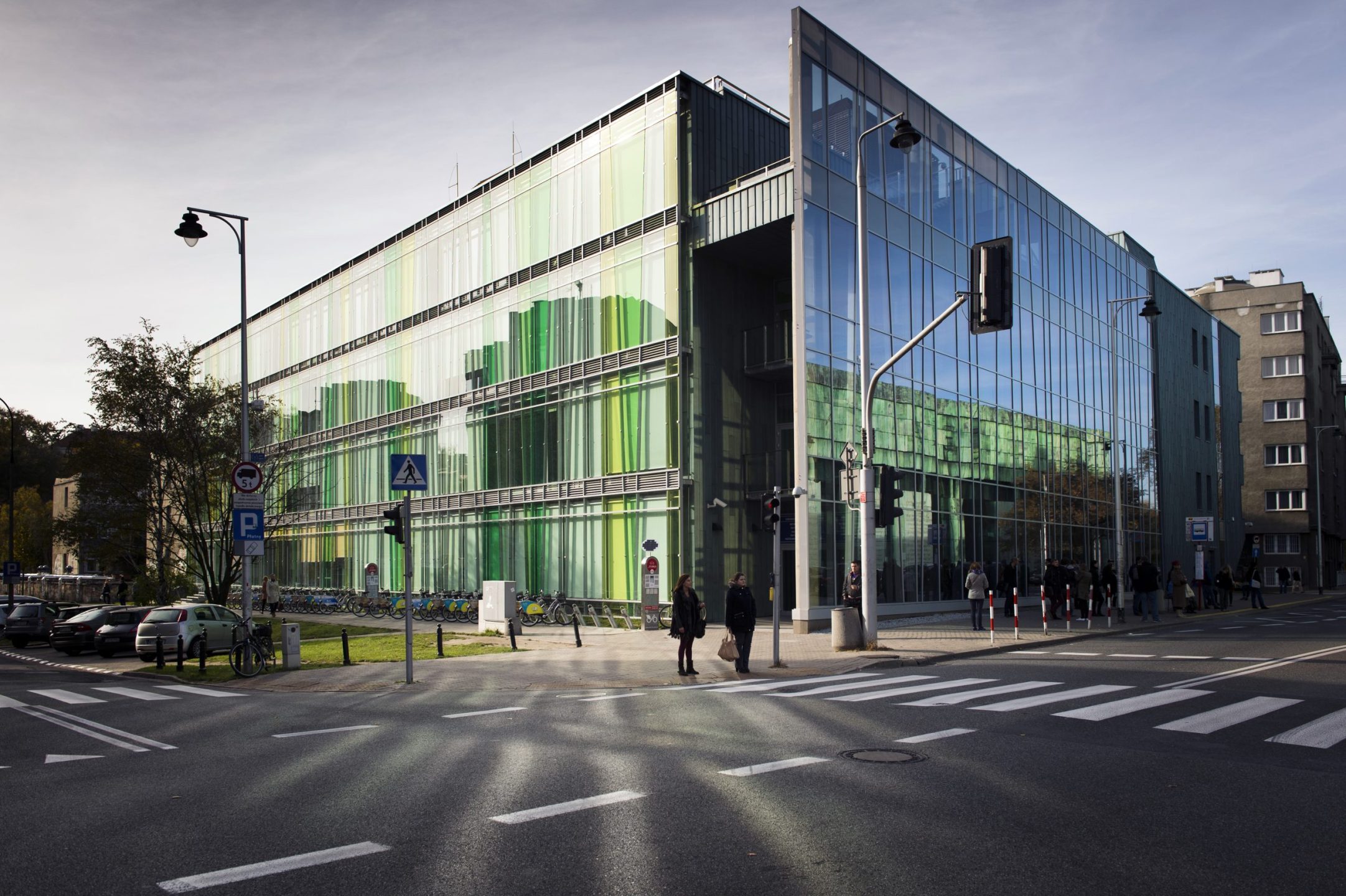We are pleased to invite you to the third lecture of the American Studies Colloquium Series in the 2025 Spring semester!
Joe Sutliff Sanders
(University of Cambridge)
Gatekeeping, Paranoid Professionalism, and Redefining Literacy: How US Librarians Fought, Found, and Loved Comic Books
Thursday, April 3, 2025
at 4:45 p.m.
You can get 3 OZN points for participating in this event.

Where?
Dobra 55, room 2.118
(the building features some mobility accommodations: ramp and lift)
What?
Graphic novels have become a thundering success for American youth librarians in the last twenty-five years, so much so that you might be forgiven for forgetting that those same librarians were once comics’ most vocal opponents. In this talk, we will look at how US librarians fought against comic books as though libraries were the last line of defense in a vital war. We will examine the existential threat that librarians perceived comics to pose in the mid-century and the gradual, nervous thawing of that opposition in the 1970s and 1980s. Changing philosophies of librarianship forced re-evaulations of the definition of literacy, even of what qualified as a book. In the 1990s, faced with the fear of irrelevance, US librarians serving teen patrons made a name for themselves in part by championing exactly the kinds of books that their foremothers opposed. By the dawn of the new century, librarians had become a cornerstone of the comics market, saving it not only from the prejudices of previous cultural gatekeepers but even, in one of the most surprising twists, from itself.
Who?
Joe Sutliff Sanders is a specialist in children’s media in the Faculty of Education of the University of Cambridge. He has published books on children’s nonfiction, classic orphan girl novels, children’s comics, Hergé, and Batman. He is finishing a book on the history of comic books in US libraries and co-launching a project on the intersection of comics and autism.


